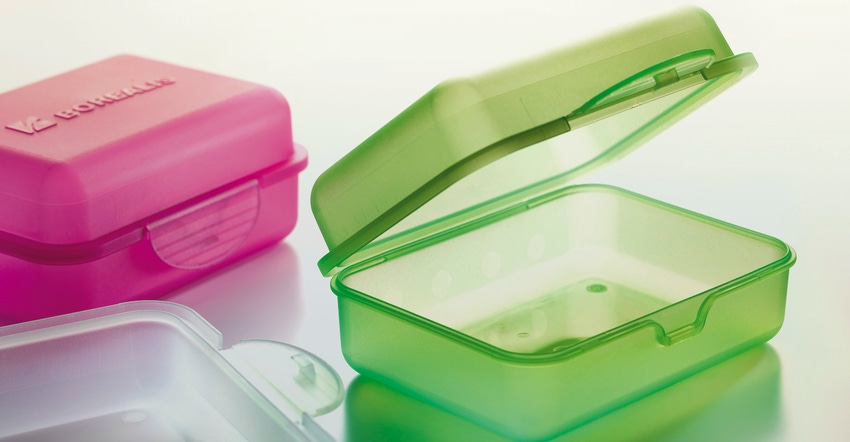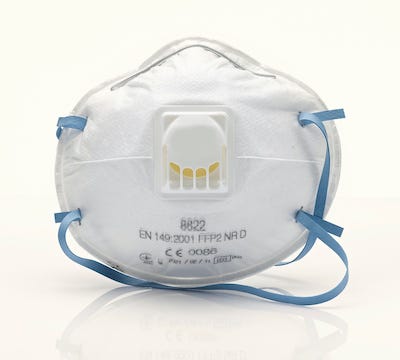The collaboration will enable uptake of renewable polypropylene in the Japanese market.
October 1, 2020

Borealis, Borouge and Itochu have unveiled the strategic intent to jointly evaluate how to enable uptake of renewable polypropylene (PP) in the Japanese market. Japan has formulated a challenging basic plan to introduce approximately two million tonnes of renewable plastic products to the market by 2030 as part of efforts to tackle climate change. There is a perceived need to shift to renewable plastics without compromising the advantages of traditional plastics.
Polypropylene is used extensively, including in food containers, consumer products, and automotive parts. Meanwhile, polypropylene production from renewable materials was considered difficult on a commercial basis due to the many technical difficulties in the production. In March 2020, Borealis embarked on the commercial production of renewable PP under its Bornewables brand, and is now working to expand sales in Europe and around the world.
|
The Bornewables portfolio is suitable for the production of the most demanding applications, including hygiene and food-contact. Image: Borealis |
The renewable PP is made from sustainable feedstock from organic waste and residue streams. Unlike using feedstocks produced with agricultural crops suitable for food and livestock feed, this renewable feedstock is composed of various wastes and residues like from vegetable oil production or used cooking oil from the food industry. Re-using waste products to manufacture renewable feedstocks further enhances their appeal from a sustainability perspective. The traceability from the point of origin to the final product is ensured through the mass balance model and ISCC Plus certified by a third-party independent body.
Borouge is working to bring about a plastics circular economy on several fronts, including developing new disruptive packaging designs for re-use and recyclability, and introducing mono-material solutions that enable recyclability and help to unlock value for customers while supporting their sustainability goals.
Itochu will move forward with the expansion of the global renewable plastics business, particularly in Japan and in Asia. It targets to commercially launch Japan’s first food containers and packaging materials made of renewable PP by the end of 2020 as well as other sanitary goods, miscellaneous daily goods, cosmetic containers, office supplies, home electric appliances, automotive parts and other items in many different fields.
Itochu will actively use its group networks in Japan and overseas to create a new business model in the domain of renewable plastics and to accelerate actions towards achieving a society for sustainable global development.
About the Author(s)
You May Also Like





